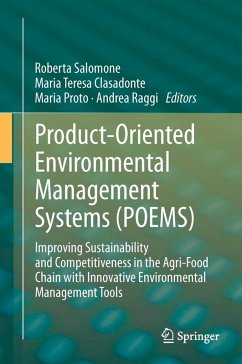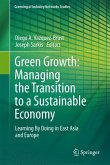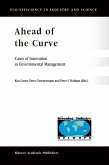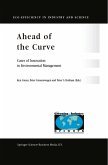This book is the result of the coordinated work of a research group from four different Italian University Departments which carried out the Eco-Management for Food (EMAF) Project; this research project was conducted during 2010-2012 with co-funding from the Italian Ministry of Education, Universities and Research (PRIN 2008 Improving sustainability and competitiveness of the Italian agri-food chain with innovative environmental management tools No. 2008TXFBY).
The overall objective of the EMAF project was to develop, test and, conse-quently, spread a model of Product-Oriented Environmental Management System (POEMS), specifically tailored to companies operating in the Italian agri-food sector, aimed at supporting these firms (mainly SMEs) in the introduction of organizational innovations that allow them to manage and continuously improve the sustainability and competitiveness of their products/processes. Indeed, the EMAF project was based on increasing awareness of the environmental relevance of agri-food products and of the related need for companies to meet stakeholders requirements regarding life-cycle product performance.
The main distinctive characteristic of the proposed POEMS model is its modu-lar structure, as it is composed of a collection of management tools that can be ap-plied, individually (Integrated Management System, Life Cycle Assessment, product environmental labelling guidelines) or as an integration of two or more elements, on the basis of organizations specific requirements and of the objectives they aim to reach.
The overall objective of the EMAF project was to develop, test and, conse-quently, spread a model of Product-Oriented Environmental Management System (POEMS), specifically tailored to companies operating in the Italian agri-food sector, aimed at supporting these firms (mainly SMEs) in the introduction of organizational innovations that allow them to manage and continuously improve the sustainability and competitiveness of their products/processes. Indeed, the EMAF project was based on increasing awareness of the environmental relevance of agri-food products and of the related need for companies to meet stakeholders requirements regarding life-cycle product performance.
The main distinctive characteristic of the proposed POEMS model is its modu-lar structure, as it is composed of a collection of management tools that can be ap-plied, individually (Integrated Management System, Life Cycle Assessment, product environmental labelling guidelines) or as an integration of two or more elements, on the basis of organizations specific requirements and of the objectives they aim to reach.








